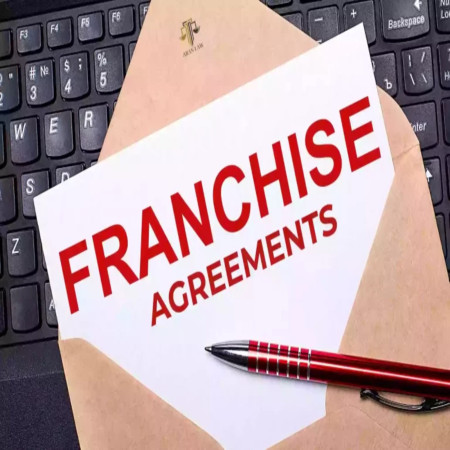Licensing Agreement
4.5
0 Reviews
Business Contracts
₹ 2000.00
Licensing Agreement - An Overview
A Licensing Agreement is a legally binding contract between a licensor (the owner of intellectual property) and a licensee (the party granted permission to use the intellectual property). This agreement establishes the terms under which the licensee can use trademarks, patents, copyrights, or other proprietary assets, ensuring that both parties benefit while protecting the licensor’s rights.
















